Introduction to electric vehicle subsidy in India: This four-letter word has been one of the biggest obstacles to electric vehicles. Due to these factors and a lack of infrastructure, India’s vehicle industry has continued to rely heavily on internal combustion engines. As India leads the way in promoting e-mobility, things are beginning to change – electric vehicles are edging closer to mainstream purchases for mainstream consumers.
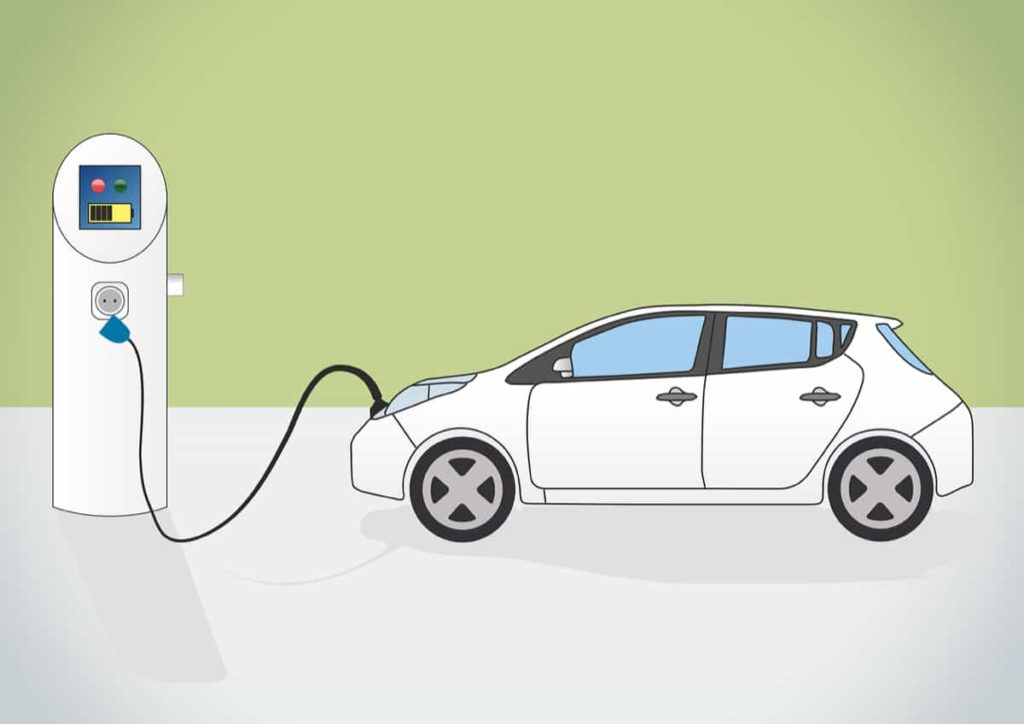
Federal incentives are offered under the national FAME-II program, and individual state EV policies, which make EVs even more affordable, also provide impetus to the transition. Nevertheless, each state has its own criteria for electric vehicle subsidies, which means the advantages are greater in some areas, making EVs a more accessible option for mass-market consumers. Which Indian state offers the most generous subsidies on the purchase of electric vehicles? Let’s look at the details.
Fuel prices are slowly but surely pushing people in the country to switch. EVs are generally expensive to buy, even though it seems to be working for most buyers. When you run with electric power, you may feel like you are saving money on petrol/diesel running costs. There is, however, a big difference right now between what you pay for a regular car and what you pay for an EV.
In recent years, the states have realized the importance of EVs, which is why they have offered special subsidies to people buying electric vehicles across the country. In this article, let’s take a look at the incentives the state and federal governments are offering buyers who are switching to electric vehicles.
Central government subsidy for electric scooters and cars in India
I would like to briefly touch on the central government incentives for electric vehicles before moving on to state subsidies. Under a program called FAME-II, or Faster Adoption and Manufacturing of Hybrid and Electric vehicles, the government is offering:
Electric scooters/bikes will receive a direct incentive of Rs 15,000 per kWh of battery capacity (maximum 40 percent of the vehicle cost) For electric cars or four-wheelers, a direct incentive of Rs 10,000 per kWh of battery capacity (up to Rs 1.5 lakh) and plug-in hybrids or strong hybrids, up to Rs 13,000, capped at 20 percent of the vehicle’s cost.
In case you miss this: How to Become a Swiggy and Zomato Partner in India
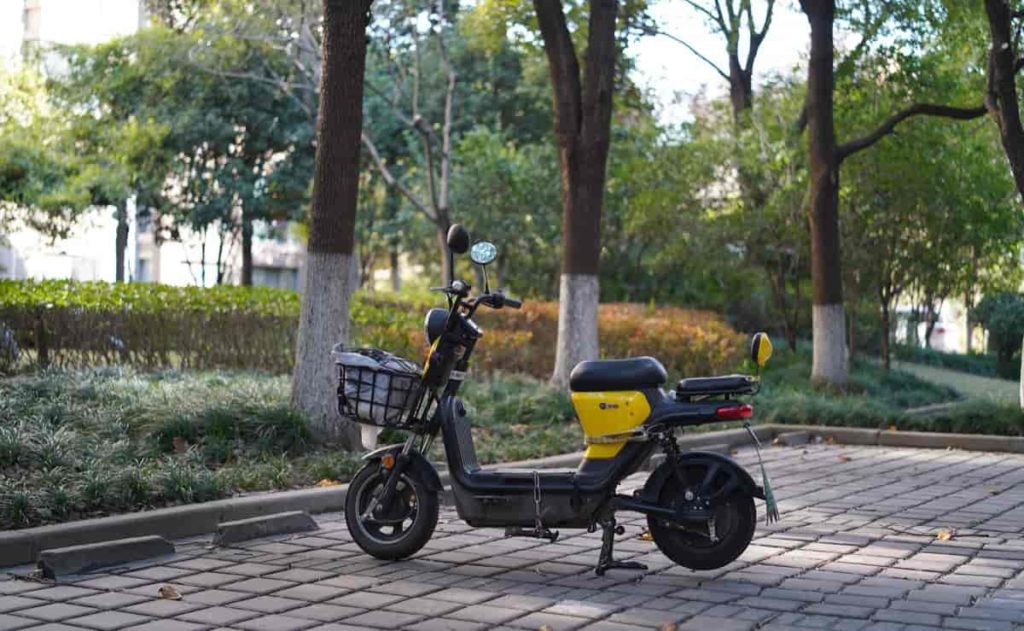
In addition, the Ministry of Finance offers lower GST rates at 5 percent on all-electric vehicles and tax benefits up to Rs 1.5 lakh to first-time buyers. However, these EV subsidies/ incentives are over and above the state incentives and are applicable throughout the country. The subsidies only apply to the first 10 lakh two-wheelers and 55,000 four-wheelers, respectively, priced under Rs 1.5 lakh and Rs 15 lakh.
State EV subsidies on electric two-wheelers
A limited number of EVs will be subsidized under state-specific EV policies over the next four to five years from notification. In their EV policies, most Indian states have decided to offer subsidies for electric two-wheelers (compliant with the FAME-II scheme) depending on the capacity of their lithium-ion batteries. Incentives are determined based on the amount of battery capacity, with only two states offering subsidies based on a distinct basis.
In case you miss this: How to Start a Parking Lot Business in India
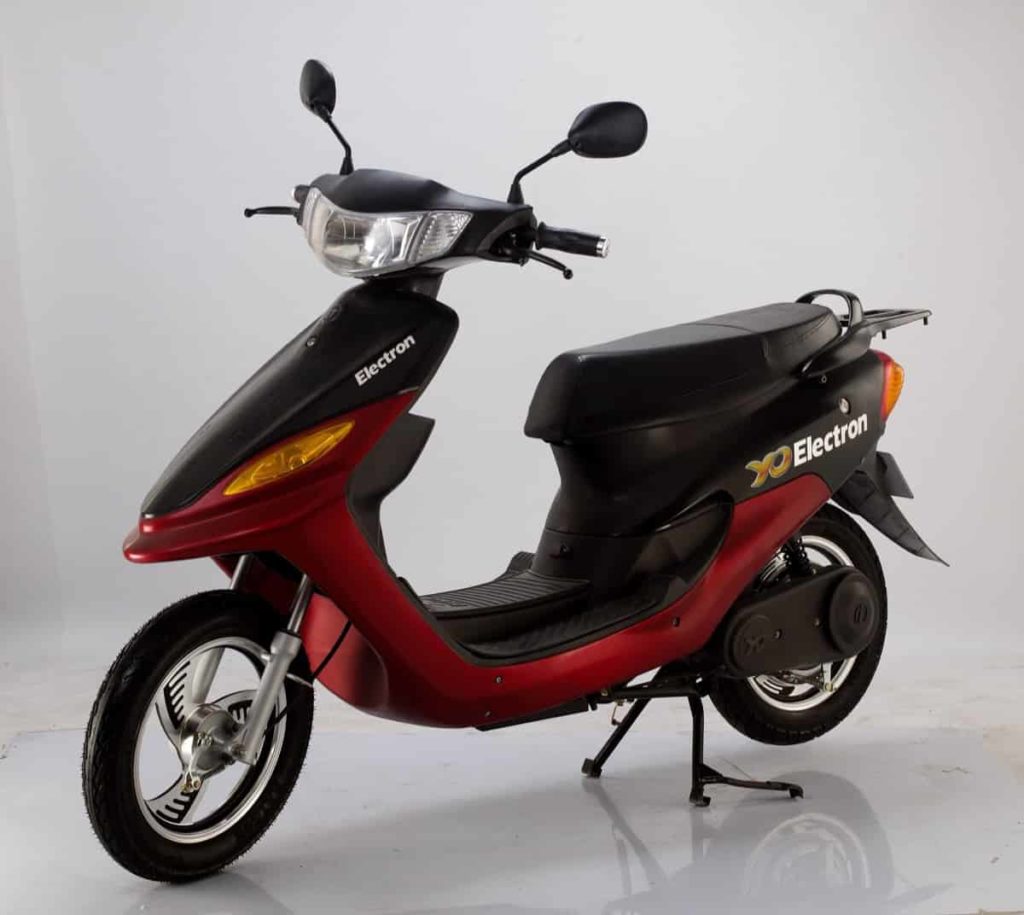
Among the states that offer the highest subsidies in Delhi, which offers an incentive of 5,000 rupees per kWh, with a maximum of 30,000 rupees (if the battery has more than 5 kWh). Maharashtra is currently in second place, offering a subsidy of Rs 5,000 per kWh with a maximum of Rs 10,000. The total subsidy for any electric two-wheeler with a 3 kWh (or bigger) battery would be Rs 25,000 with an early bird incentive (up to Rs 15,000, valid only until 31 December 2021).
State-wise incentives for electric two-wheelers
| State | per kWh of battery capacity | Max subsidy | Road tax exemption |
| Delhi | Rs 5,000 | Rs 30,000 | 100% |
| Maharashtra | Rs 5,000 | Rs 25,000* | 100% |
| Meghalaya | Rs 10,000 | Rs 20,000 | 100% |
| Gujarat | Rs 10,000 | Rs 20,000 | 50% |
| Assam | Rs 10,000 | Rs 20,000 | 100% |
| Bihar | Rs 10,000 | Rs 20,000 | 100% |
| West Bengal | Rs 10,000 | Rs 20,000 | 100% |
| Rajasthan | Rs 2,500 | Rs 10,000 | NA |
| Odisha | NA | Rs 5,000 | 100% |
| Uttar Pradesh | No | No | 100% |
| Kerala | No | No | 50% |
| Karnataka | No | No | 100% |
| Tamil Nadu | No | No | 100% |
| Telangana | No | No | 100% |
| Madhya Pradesh | No | No | 99% |
| Andhra Pradesh | No | No | 100% |
| Punjab | No | No | 100% |
Meghalaya, Assam, Gujarat, and West Bengal offer a subsidy at the higher rate of Rs 10,000 per kWh, with a maximum of Rs 20,000 available. The EV policy in Bihar – which is awaiting approval – offers similar benefits. In Rajasthan, two-wheelers with a battery of less than 2 kWh receive a subsidy of Rs 5,000 while ones with a battery larger than 5 kWh receive a subsidy of Rs 10,000. While the state of Odisha offers a flat subsidy of Rs 5,000.
Among the states that do not provide direct subsidies for electric two-wheelers are Andhra Pradesh, Karnataka, Madhya Pradesh, Telangana, Tamil Nadu, Uttarakhand, Punjab, and Uttar Pradesh. With the exception of Gujarat and Kerala, where electric vehicle buyers are required to pay a 50% share of the road tax amount, electric vehicle drivers have no road tax at all in most states where the policy has been implemented.
Electric vehicle subsidy in India: Vehicles and SUVs by state
Electric cars and SUVs are subsidized by state electric vehicle (EV) policies, just as two-wheelers are. There are significantly fewer vehicles covered by these policies, however. A significant amount of financing is available for electric cars in the form of subsidies, and their batteries are significantly larger than conventional cars. Most states have capped the number of electric cars that can be subsidized at 10,000 units.
In case you miss this: Top 50 Most Profitable Education Business Ideas
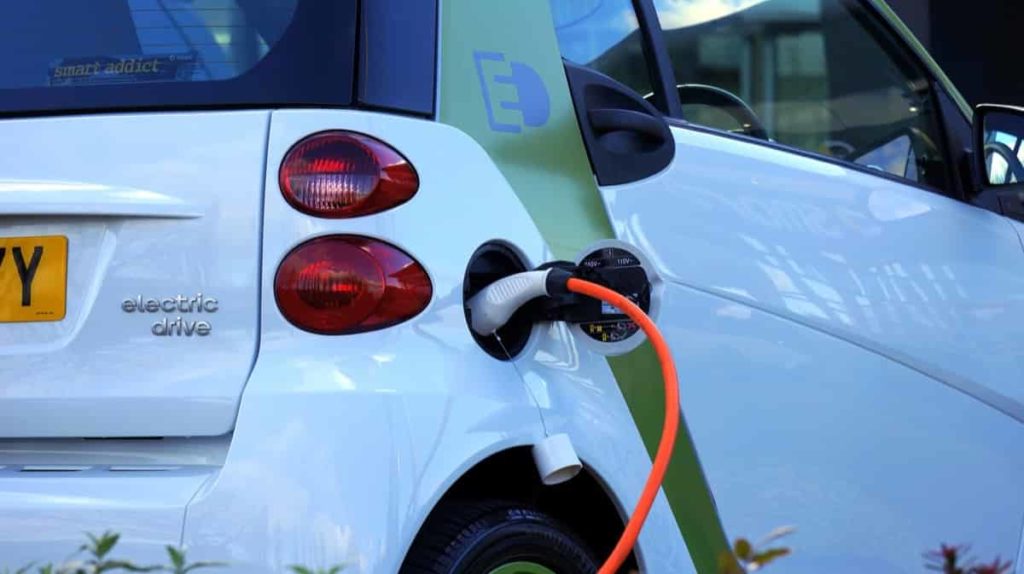
Currently, only the Tata Tigor EV Ziptron and the Tata Nexon EV qualify for incentives in all states due to the ex-factory cost limit of Rs 15 lakh. EVs that are more expensive and larger, such as the MG ZS EV and Hyundai Kona Electric, do not qualify for these subsidies. Currently, Maharashtra is the leader in four-wheeler sales. Electric two-wheelers will receive a base incentive of Rs 5,000 per kWh, but the maximum subsidy will be Rs 1.50 lakh. As a result, the total subsidy amount is Rs 2.50 lakh once the early bird incentive (of up to Rs 1 lakh) is factored in.
State EV subsidies on electric cars and SUVs
| State | per kWh of battery capacity | Max subsidy | Road tax exemption |
| Maharashtra | Rs 5,000 | Rs 2,50,000* | 100% |
| Delhi# | Rs 10,000 | Rs 1,50,000 | 100% |
| Gujarat | Rs 10,000 | Rs 1,50,000 | 50% |
| Assam | Rs 10,000 | Rs 1,50,000 | 100% |
| Bihar | Rs 10,000 | Rs 1,50,000 | 100% |
| West Bengal | Rs 10,000 | Rs 1,50,000 | 100% |
| Odisha | NA | Rs 1,00,000 | 100% |
| Meghalaya | Rs 4,000 | Rs 60,000 | 100% |
| Rajasthan | No | No | NA |
| Uttar Pradesh | No | No | 75% |
| Kerala | No | No | 50% |
| Karnataka | No | No | 100% |
| Tamil Nadu | No | No | 100% |
| Telangana | No | No | 100% |
| Madhya Pradesh | No | No | 99% |
| Andhra Pradesh | No | No | 100% |
| Punjab | No | No | 100% |
A higher kWh incentive is offered by Gujarat, Assam, and West Bengal, but the total subsidy is limited to Rs 1.50 lakh. Bihar’s yet-to-be-notified EV policy also details similar benefits. Delhi offered (and has since exhausted) the same amount of subsidy to the first 1,000 buyers of electric vehicles. Odisha offers a subsidy of up to Rs 1 lakh for eligible vehicles, and Meghalaya – offering Rs 4 per kWh – offers a subsidy of Rs 60,000.
Among the states that do not provide direct subsidies for electric cars and SUVs are Rajasthan, Andhra Pradesh, Karnataka, Madhya Pradesh, Telangana, Tamil Nadu, Uttarakhand, Punjab, and Uttar Pradesh. In most states, electricity four-wheelers are completely exempt from road tax, except in Gujarat and Kerala, where buyers are required to pay 50 percent of the total road tax amount, and in Uttar Pradesh, where buyers must pay 75 percent of the total road tax amount.
In case you miss this: Top 10 Best Courier Franchise Opportunities
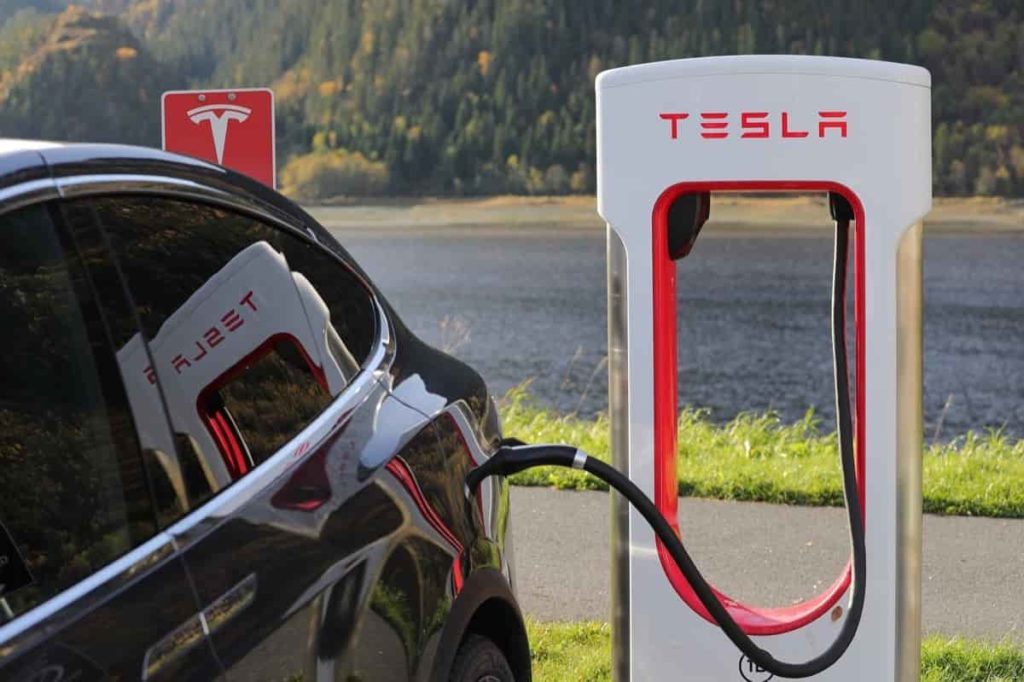
Registration fees for all kinds of electric vehicles have been waved across the country. It was announced by the Ministry of Road Transport and Highways (MoRTH) in August that all battery-powered vehicles do not have to pay fees for obtaining or renewing their registration certificates.
You can see that Delhi offers the most subsidies for electric vehicles. Maharashtra and Meghalaya are next on the list. There is no road tax in most regions, with the exception of Gujarat, which takes 50 percent of the road tax as part of the final sales price. Among other states, Karnataka, Andhra Pradesh, Madhya Pradesh, and Tamil Nadu are among those that do not offer any subsidies.
- Handicraft Making at Home: A Small Profitable Business Idea
- Pet-Tech Startups: Innovations for Animal Lovers
- Tech Repair Services: Meeting the Demand for Gadget Maintenance
- Maximizing Rewards: Smart Credit Card Habits for Cashback and Points
- Ultimate Guide to Making Money from Goat Milk Business
- How to Start an Agricultural Value Added Product Business
- Value-Added Business Ideas for Greenhouse: The Best Ways to Make Profits with Greenhouse Farming
- How to Make Profits with Organic Country Chicken: Best Strategies for Beginners
- 10 Value-added Business Ideas for Millets: Low-investment and Highly Profitable
- Why Cleaning Service Business Becoming More Profitable in Metro Cities in India
- 10 Best Businesses to Start in Ayodhya for Profits
- Top Drone Business Ideas in India: Unlocking Aerial Innovation & Opportunities
- Top 10 Service Businesses You Can Start with No Money
- Ultimate Guide to Starting a Home-Based Advertising Agency Business
- Starting a Nail Salon Near Your Location: Check List, Business Plan, Licensing, and Opening Instructions
- Construction Company Name Ideas: Guide to Create New Construction Company Names
- 8 Best Small Businesses to Start in Hyderabad: Low-Cost and Profitable
- 10 Best Small Businesses to Start in Massachusetts: Low-Cost and Profitable
- 10 Best Small Businesses to Start in Maryland: Low-Investment and Profitable
- 10 Best Small Businesses to Start in Delaware: Low-Investment and Profitable
- 10 Best Small Businesses to Start in Connecticut: Low-Investment and Profitable
- Top 10 Best Online Pet Business Ideas: Exploring Cats to Dogs
- 10 Best Small Businesses to Start in Colorado: Low-Investment and Profitable
- Top 10 Profitable Small Business Ideas in California: Low-Investment Tips
- From Little Rock to Fayetteville: Top 10 Profitable Small Business Ideas in Arkansas
- Top 10 Profitable Small Business Ideas in Alabama: Discover Opportunities in Alabama’s Growing Cities
- Top 10 Profitable Small Business Ideas in Arizona: Discover Opportunities in Arizona’s Growing Cities
- Golf Business Ideas: Exploring Golf Course Money Making Ideas
- Low Capital Profitable Small Farm Ideas: Farming Ideas to Make Money
- How to Write a Business Plan for Daycare: Exploring from Financial Projections to Risk Management
- Home Daycare License Requirements: Exploring State-wise In-home Daycare Requirements
- How Profitable is Day Care Business: How Much Does a Daycare Owner Make a Month or Year?
- How to Open a Daycare Center in Toronto, Canada: Business Plan, Licenses and Permits
- How to Start Meal Prep and Delivery Services: A Popular Business Idea
- How to Start a Milk Chilling Plant Business
- How to Start Coconut Shell Charcoal Business: Business Plan for Maximizing Profits